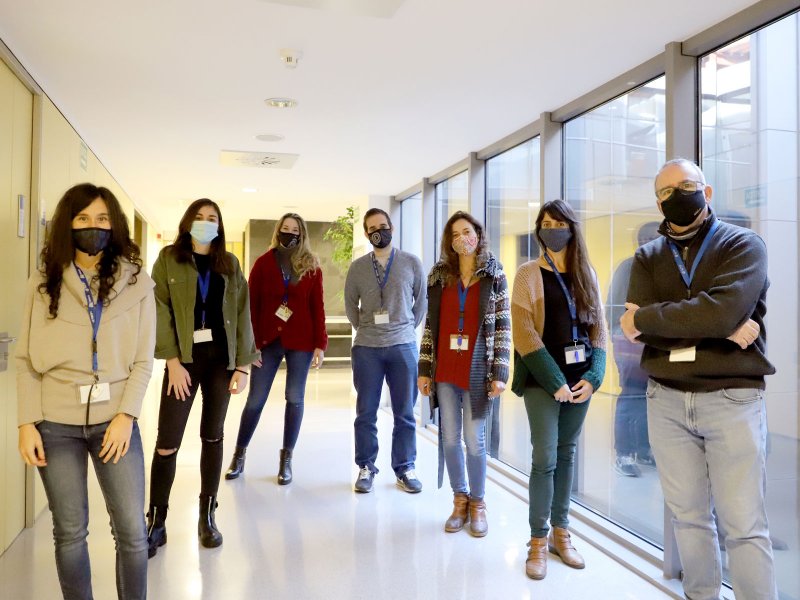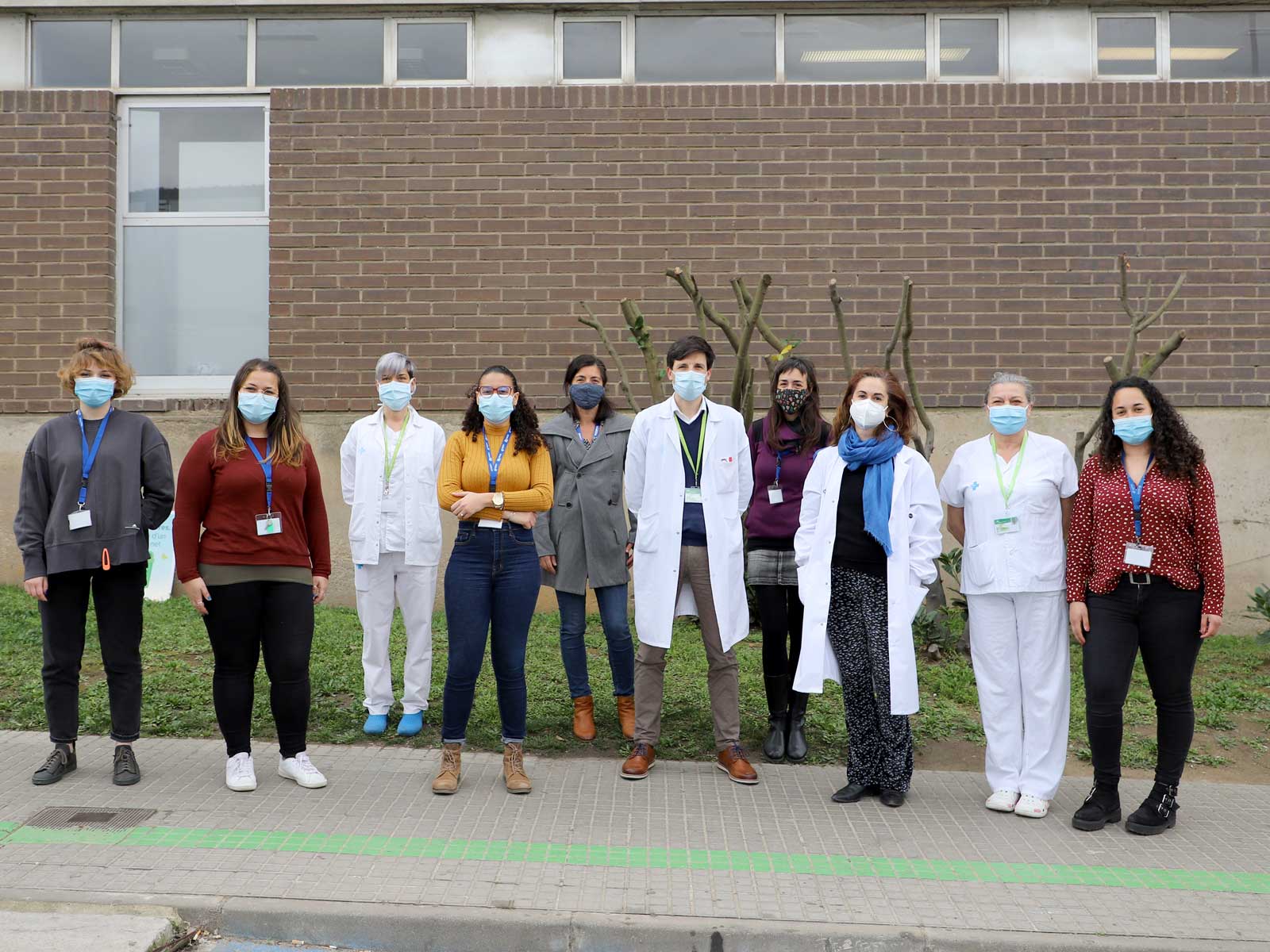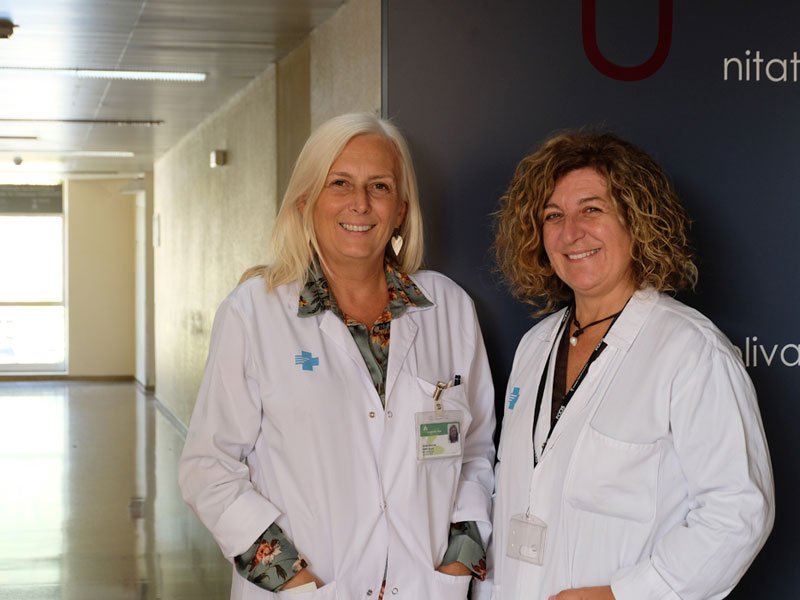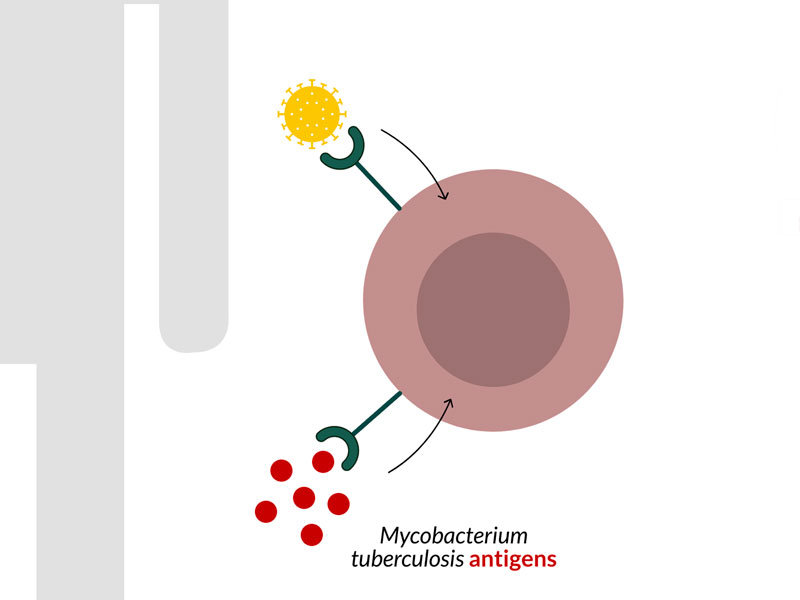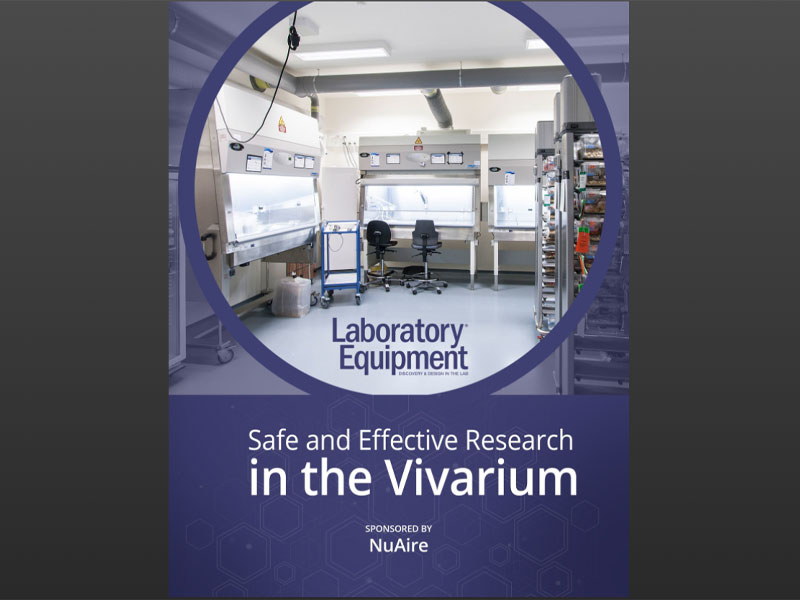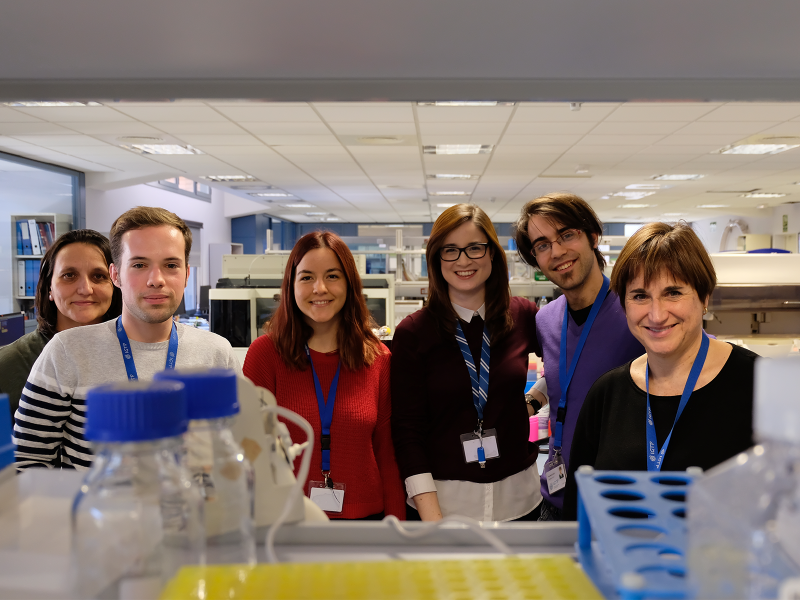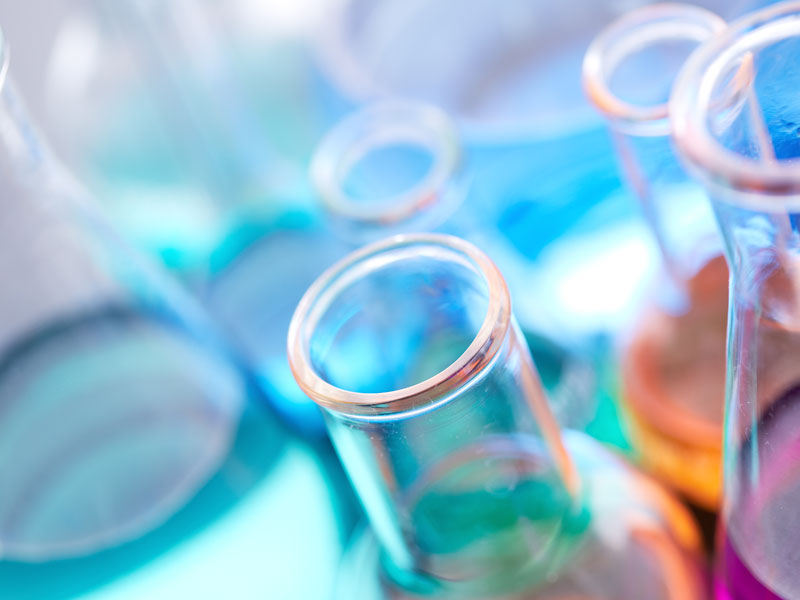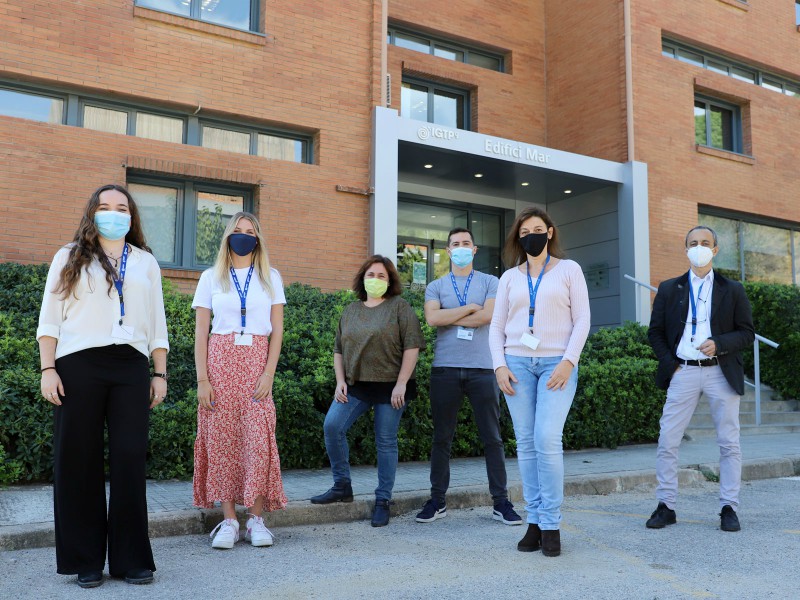New strategies to diagnose and treat kidney disease
11 March is World Kidney Day and this year it is focussing on quality of life for people living with kidney disease. Currently 10% of the world population is affected by chronic renal disease (CRD) and more than 2 million people receive dialysis or kidney transplants worldwide. At the Germans Trias i Pujol Research Institute (IGTP) the Kidney Disease Group and the Innovation in Vesicles and Cells for Application in Therapy Group (REMAR-IVECAT) led by Francesc Borràs is working on improving diagnosis and treatments for these diseases. The group studies biomarkers for non-invasive monitoring of the conditions in patients and they are also study the application of advanced therapies. In fact they are pioneers in the use of extracellular vesicles as a therapeutic tool for kidney disease.
